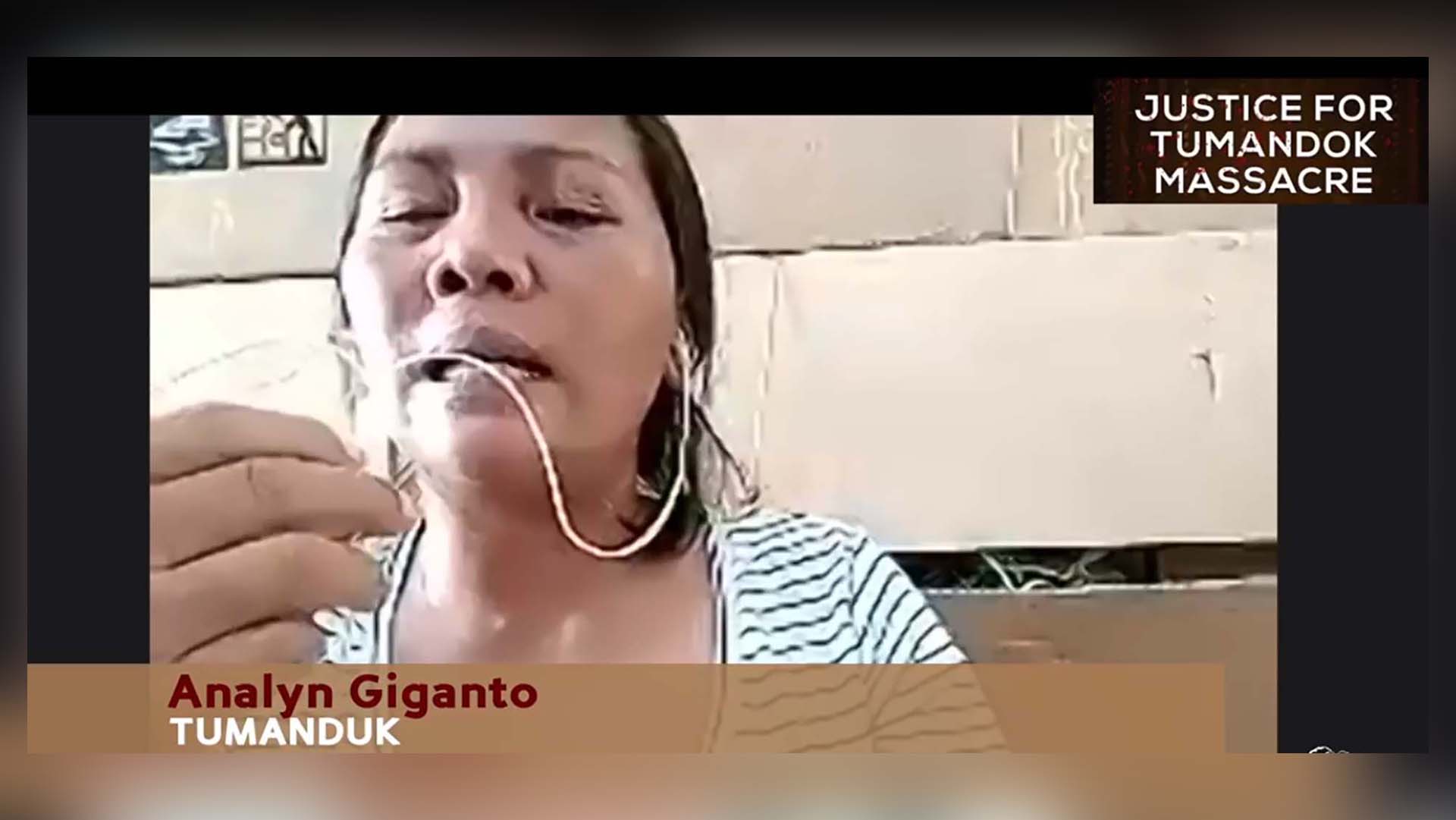On December 30, nine indigenous Tumandok were killed and 17 others were arrested in an operation conducted by the Philippine police and military in various Tumandok communities in Tapaz, Capiz, and Calinog, Iloilo. These happened from dawn when the community was asleep, to mid-morning.
Those killed and arrested were leaders and members of the Tumanduk organization, an alliance of 17 indigenous people’s communities in Capiz and Iloilo provinces. One of whom is Roy Giganto, the chairperson of Tumanduk and barangay councilor of Lahug, Tapaz, Capiz.
They were “well-known indigenous leaders” in their respective barangays who were opposing militarization and rights violations in their communities and were active in fight against land grabbing and construction of the Jalaur Mega Dam in Calinog, Iloilo.
The Philippine Commission on Human Rights (CHR) has launched an investigation on the incident. Through the CHR Region VI, the commission is on the process of gathering documents and affidavits “to resolve if human rights violations were committed and ultimately call for accountability for all those found to have caused such an affront to human rights and dignity”.
On January 5, Philippine-based indigenous peoples’ organizations, together with IPRI and other human rights organizations, held a virtual press conference to provide more details on the killings and mass arrest of Indigenous Tumandok.
Analyn Giganto, wife of slain Tumandok leader Roy Giganto, appeared in the online press conference and narrated how she witness the authorities killed her husband.
Analyn said that she was awakened at four in the morning as there were people forcibly entering their house and were shouting, “Assault! Assault!”
“We were forced to go outside the house except for Roy. I pushed myself inside the house, and I saw them shoot Roy,” she narrated. According to Analyn, the armed policemen ordered them, including her three-year old child to lie face down on the ground, and prevented her from preparing milk for her one-year old. They were kept outside their house except for her husband Roy, and at around 10:00 a.m., the policemen brought Roy out of the house.
Various indigenous peoples and human rights groups in the Philippines have condemned the attacks against indigenous peoples in the country and called for justice for victims. Tinay Palabay of Karapatan, a national human rights organization, also called on the Supreme Court to look into the indiscriminate issuance of search and arrest warrants that legalized the killings, searches, arrests and detentions of Indigenous Peoples and other human rights activists in the country.
Palabay stressed that this was not an isolated incident where judicial warrants were secured in Metro Manila, for implementation mostly in provincial areas, that resulted to killings, arrests, and rights violations. In most of these cases, Palabay said that State forces employed abuse and unnecessary force and attacks against persons in the implementation of the warrants.
Joanna Cariño, co-chairperson of Sandugo, condemned the attacks against the Indigenous Tumandok and demanded that perpetrators be held accountable.
“Tumanduk is a legitimate Indigenous Peoples’ organization that fight for their democratic rights to ancestral lands and self-determination. They are not terrorists,” Cariño said.
Meanwhile, IPRI National Coordinator for the Philippines Prince Turtogo, appealed to local and national government agencies “to conduct swift, impartial, and accurate investigations and hold those in charge of the systemic killings and arrest accountable, and put an end to criminalization of Indigenous Peoples in the country."
Watch here the recorded press conference on killings mass arrest of indigenous Tumandok held virtually on January 5, 2020.


%2020.49.20.png)
